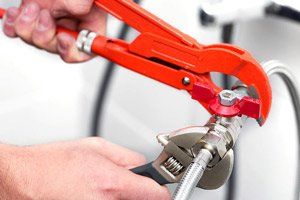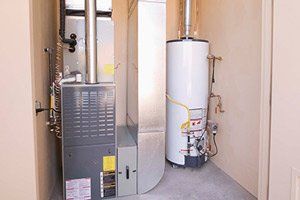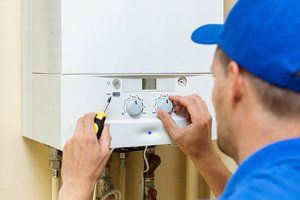
Your water heater is the most used appliance in your home, next to the refrigerator. That's why it needs periodic maintenance to keep functioning reliably; otherwise, the effects of time and usage will eventually cause your water heater to fail.
Specifically, the most important maintenance step to take with a water heater is to flush it annually. Flushing removes harmful sediments that will not only prevent your water heater from doing its job but also cause permanent damage. Below is more information on why flushing is necessary and how to perform the job at home.
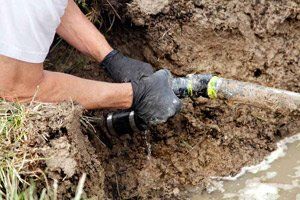
When a drain clogs or slows down, you probably plunge it a little or use some drain cleaner to free the blockage. While these measures provide a short-term solution, you might find that the blockage reappears before long. This is because, when clogs reoccur, there is often a bigger underlying issue at fault.
A smarter way to fight clogs and blockages is to identify this root cause and address it. Not only will this clear your immediate clogs, but it will also prevent future ones. Here are four of the most common underlying causes of clogs and how to address them.
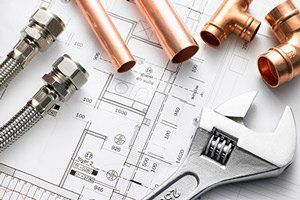
If you have a slab foundation, chances are you keep a look out for any potential signs of problems. However, there is one often-overlooked issue that could lead to costly damage, and learning to recognize the signs of this issue is critical. If left untreated, even a minor slab leak can lead to a host of potentially dangerous problems, including mildew growth and damage to your home's wooden support structure.
It is critical that you learn to recognize the signs of a slab leak to ensure that no further damage occurs. Here are a few of the most common signs that you have a concrete slab leak.

Whether you've had a suspiciously high utility bill this month or you've noticed that areas of your home are extra-damp, humid and musty, the suspicion that you could have a water leak somewhere in your plumbing system can be infuriating—especially if you're having a hard time pinning it down.
There are a few things you can take to try and locate the leak on your own, but sometimes water leaks will occur inside your walls in inaccessible locations. That would explain why you're having such trouble finding the leak. Here are some steps to take to find a leak in your plumbing.
